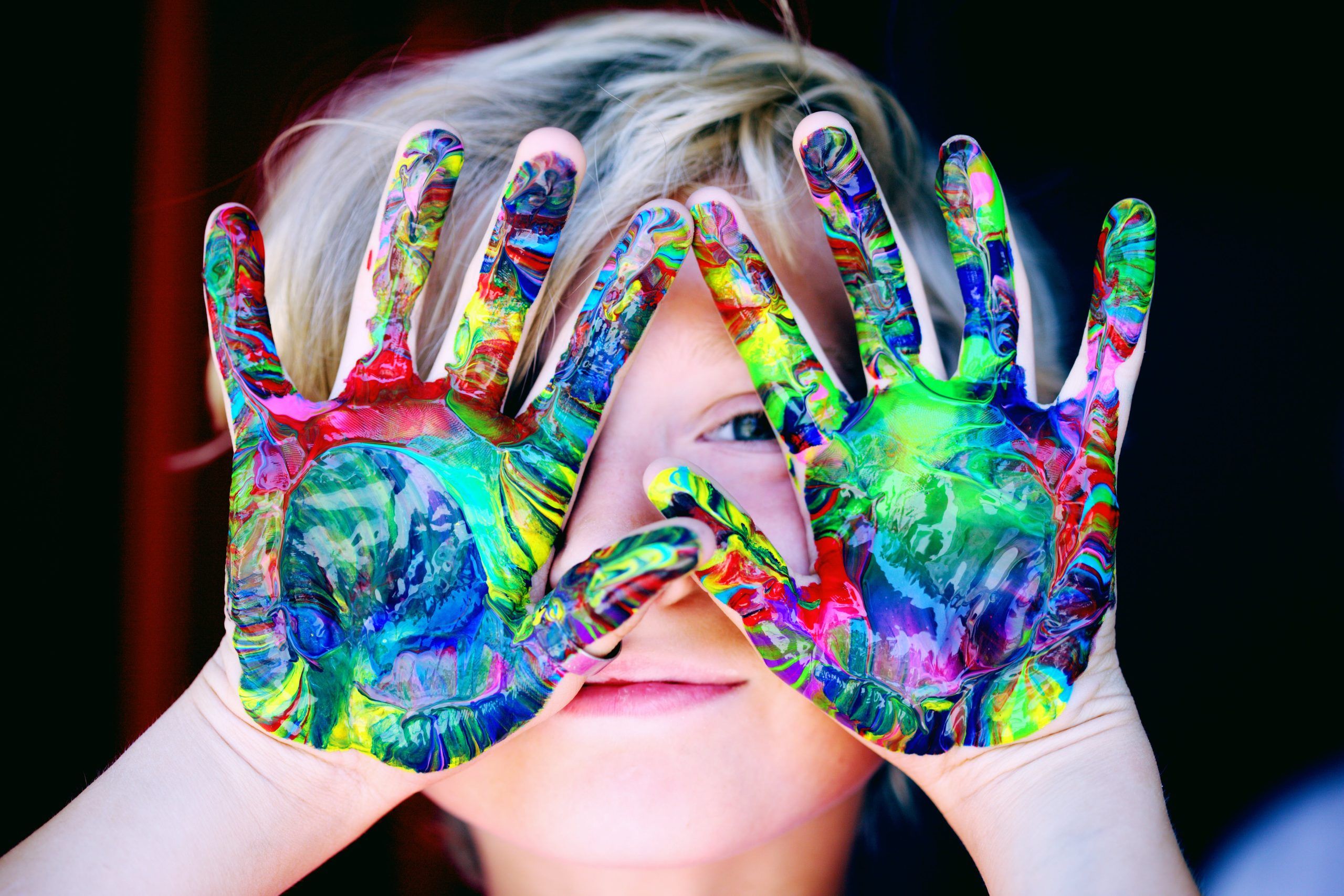Understanding stigma in relationship to mental health, its issues and how to overcome it.
Author: Jugendförderverein Parchim/Lübz e. V., Elin Schult
Stigma is a mark of disgrace that affects mental health.
Stigma is a mark of disgrace associated with a specific person, object or circumstance. Topics that you might associate with stigma are sexuality deviating from the CIS-norm, being a criminal/in prison, having an STD or being fat. It is often attached with shame. Stigma also exist in relationship to mental illness as an outcome of disinformation, ignorance and prejudice. The stigma in mental illness often includes persons instead of being labelled as unwell, get labels such as crazy, dangerous, or incompetent. Other kinds of mental illnesses may lead to labels such as being weak or cowardly. Persons suffering might get tips such as “snap out of it”, or “don’t be a cry-baby”.
Suffering under stigma can be worse than the mental illness itself.
Stigma often puts fuel to the fire for a person struggling with their mental health. People’s perceptions, including their own, may lead to not getting the help they need or getting it too late. By when, damage has already been done. Stigma may lead to social marginalisation, such as not being invited to social interactions, being taken less seriously or being seen as less competent. It may lead to not getting a job or being promoted or getting turned down as a potential buyer or renter of an apartment.
Many people suffering from mental illnesses state that the stigma of it is worse than the condition.
Everyone can help to reduce stigma against persons with mental illness.
There are many things you can do to be an agent of change against stigma of mental illness:
– Be mindful of talking well about other persons and use positive wording. We never know why people act the way they do and if we haven’t made the effort to find out why, then at least we should not judge.
– Speak up when you hear others behaving in a way that reflect stigma of marginalized groups. Calling someone “crazy” our “weak” or not help someone acting strange can, depending on the circumstance, be detrimental.
– Think about how you can help reducing stigma in your different roles in life. Are you a journalist? Great – through staying objective and non-judgemental, you can report in a fair and balanced manner. Are you a teacher? Great – how you interact with your students during and outside of class will teach them about how to treat others. Do you have someone close to you not feeling well?
What a great opportunity to learn more and train being there for them as they need.
What to do if you are subject to stigma
– Never let it stop you from getting help: You need to involve professional support such as a medical doctor and a psychiatrist, but also trusted persons from your social system – it could be friends, family or colleagues, to get the help you need.
– You are not your illness: Just as someone with a broken toe is not a broken toe, you are not a mental illness. Talk about it in terms of “I have depression”, not “I’m depressed”.
– The stigma is not about you: Try to distance yourself from others judgement by understanding that it is about their lack of information or stereotypes. Try not to take it personally.
– Use storytelling or facts to counteract: You don’t need to defend yourself. But if you like, you can counteract with telling your personal story or educating your counterpart.
– Find more of your people: Find a support group or another group of people that make you feel normal and appreciated. Here you are supported and can support others. Through the internet, the possibilities are endless.
„Everyone you meet is fighting a battle
you know nothing about. Be kind. Always.“
Brad Meltzer
Sources:
Aktionsbündnis Seelischer Gesundheit, „Reden Hilft“, https://www.seelischegesundheit.net/wissen/stigma/ [accessed 16/11/23]
Health Direct, „Mental Illness Stigma“, last review: 11/2021,
https://www.healthdirect.gov.au/mental-illness-stigma [accessed 16/11/23]






